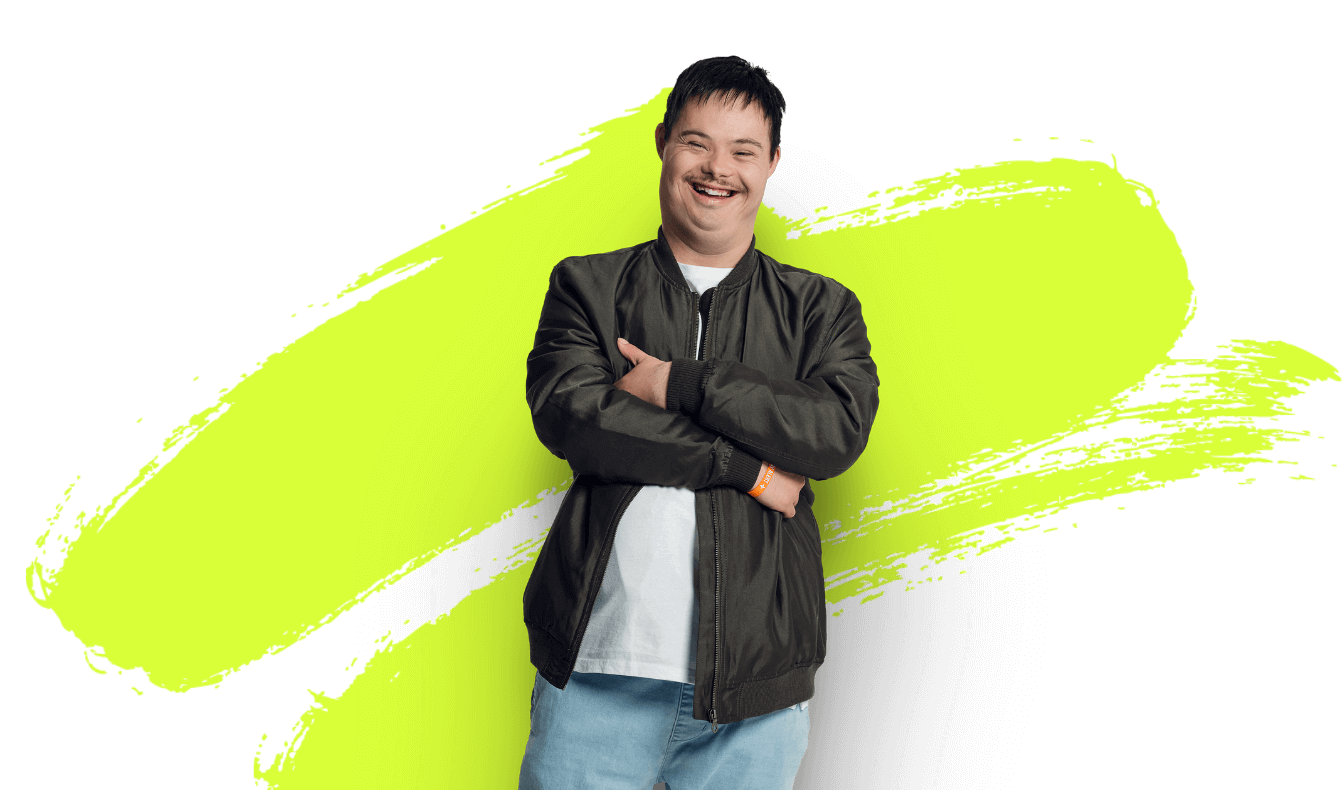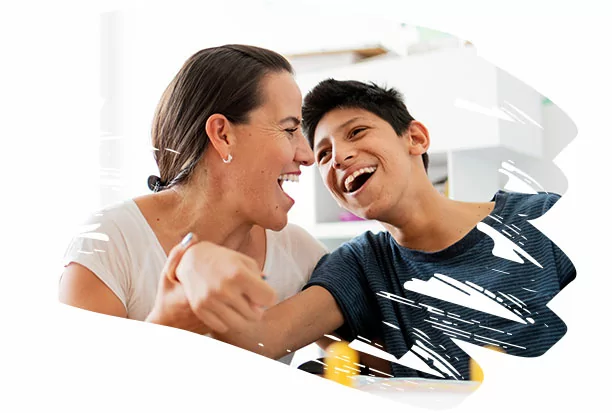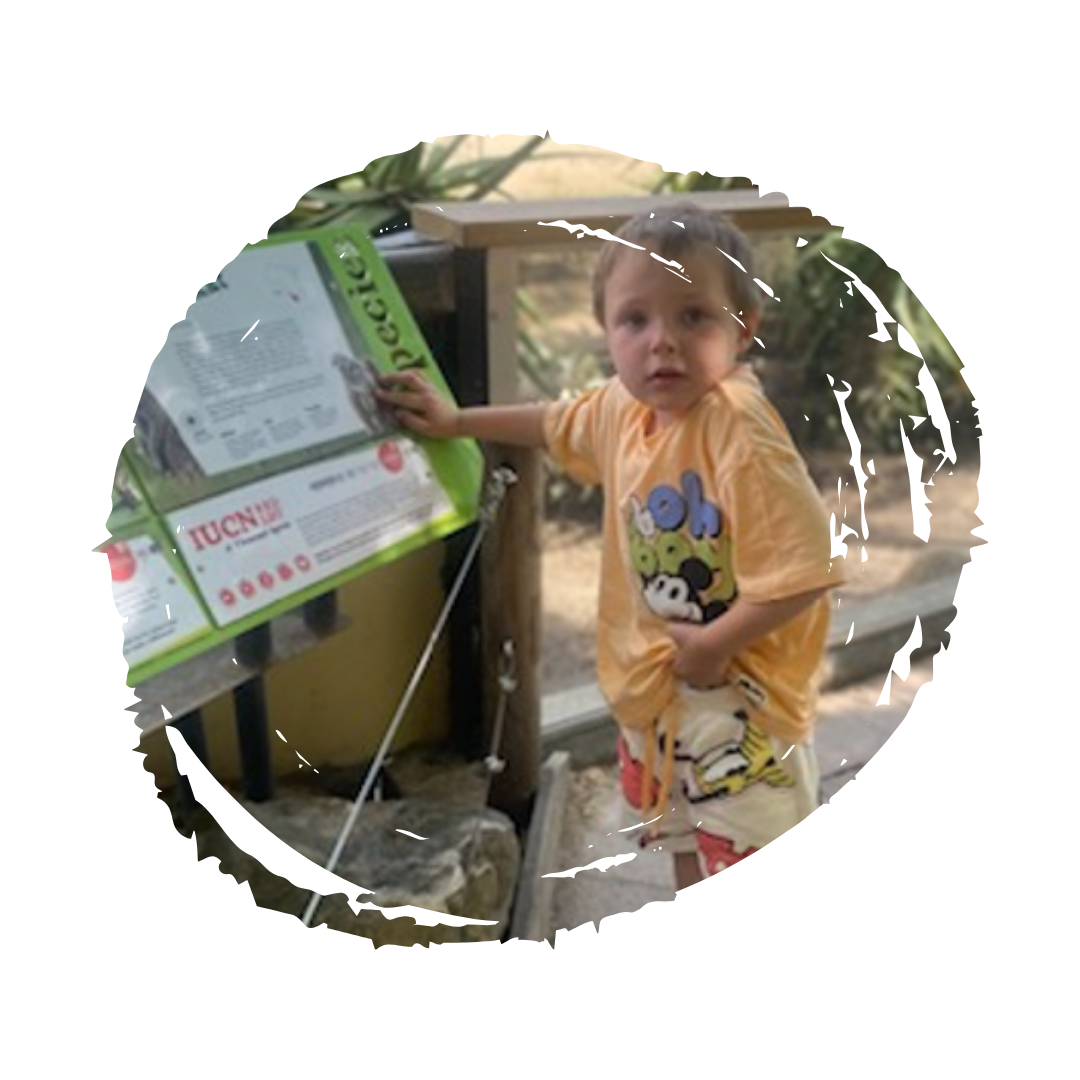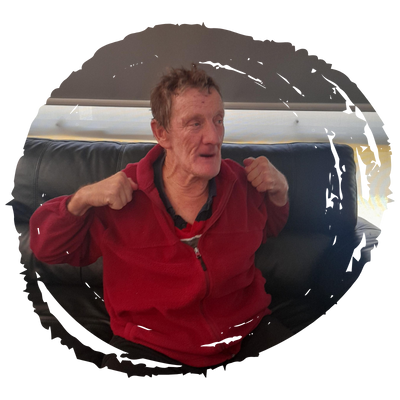When you work with Everyday Independence our Central Coast based speech pathologists support you in your community, as part of a broader team that may include occupational therapists, physiotherapists, positive behaviour practitioners, and habit coaches.
NDIS Speech Pathology in Central Coast
From expressing yourself, joining in conversations or sharing a meal with family and friends, expect our team to build your confidence and equip you to do the things you want, your way.

How Speech Pathology Delivers More

How Can Speech Pathology Help You?
Speech Pathology helps children, teenagers and adults with disabilities in the Central Coast to achieve the changes that are most important to them. These may include:
- Expressing your wants and needs with family, friends, your support network and the broader community
- Building your social communication skills to make and maintain friendships
- Improving speech or expanding your vocabulary to more confidently engage in conversations and social situations
- Improving literacy skills (listening, speaking, reading and writing)
- Augmentative and Alternative Communication (AAC) to improve communications, including keyword sign, pictures, communication devices like PODD or NovaChat, communication books, and other devices
- Improving communication and quality of life for people who are overcoming stroke
- Feeding, swallowing, and chewing food safely to develop muscle strength through physical exercises.
We’re Ready to Get you Started
To get started with speech pathology our disability practitioner comes to your Central Coast home to get to know you, your family and other members of your support team. They take a whole of life approach to set you on your pathway to positive change.
Not yet a NDIS participant? Visit our NDIS pages for information on getting your plan funded.


Frequently Asked Questions
Why don’t I come into a clinic for my sessions?
Our speech pathologists come to you in your community where you live, work, learn and play. The best way to build your skills is to work with you in your everyday environments while also helping to change community attitudes that may be holding you back. Clinics are simulated environments which don’t present the same barriers and challenges as real-life, everyday environments.
What happens during the initial occupational therapy sessions?
The first step is an initial assessment with a disability practitioner or speech pathologist to understand your participation and support needs across all aspects of your life. Your speech pathologist will look beyond limitations to focus on your goals and aspirations. They’ll look at the activities you do every day, alongside the challenges you face, the people who support you and the environment you live in.
Then they’ll create a one, two or three year therapy plan, which outlines the best mix of practitioners (including a habit coach) and strategies to help you achieve the breakthroughs required on your pathway towards positive change.
What happens after the initial sessions?
After the initial sessions you’ll then move into a regular rhythm of therapy overseen by your primary therapist plus a mix of other practitioners (eg. occupational therapist, physiotherapist, behaviour support practitioner, and habit coach) depending on the goals you set. You may have a burst of therapy sessions conducted by your occupational therapist, and then practice the routines and skills with a habit coach between therapy sessions.




